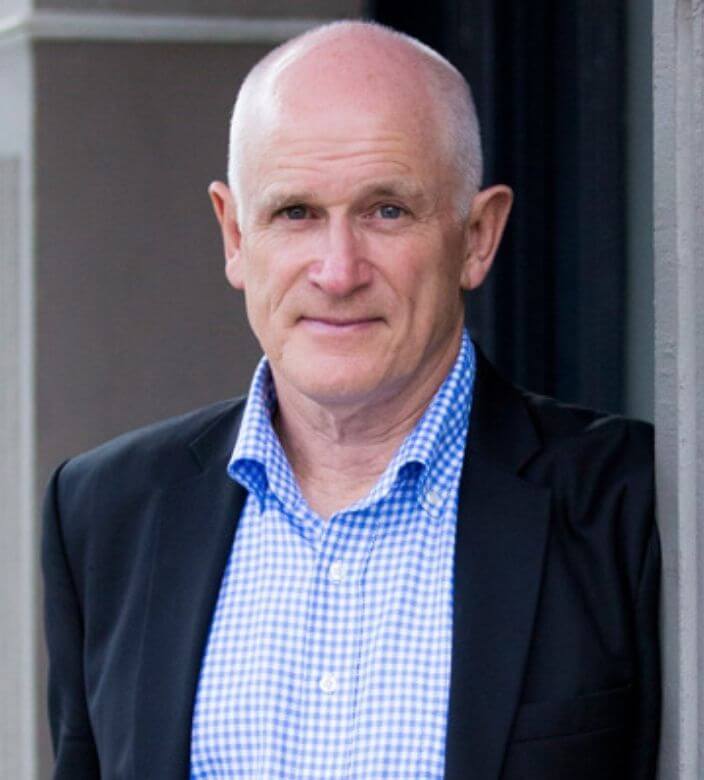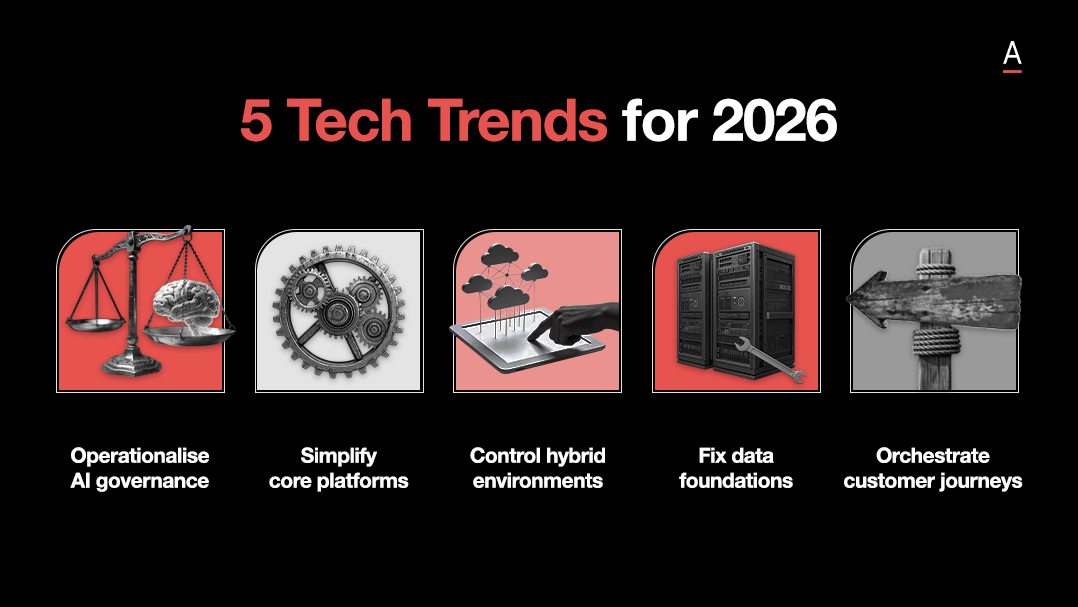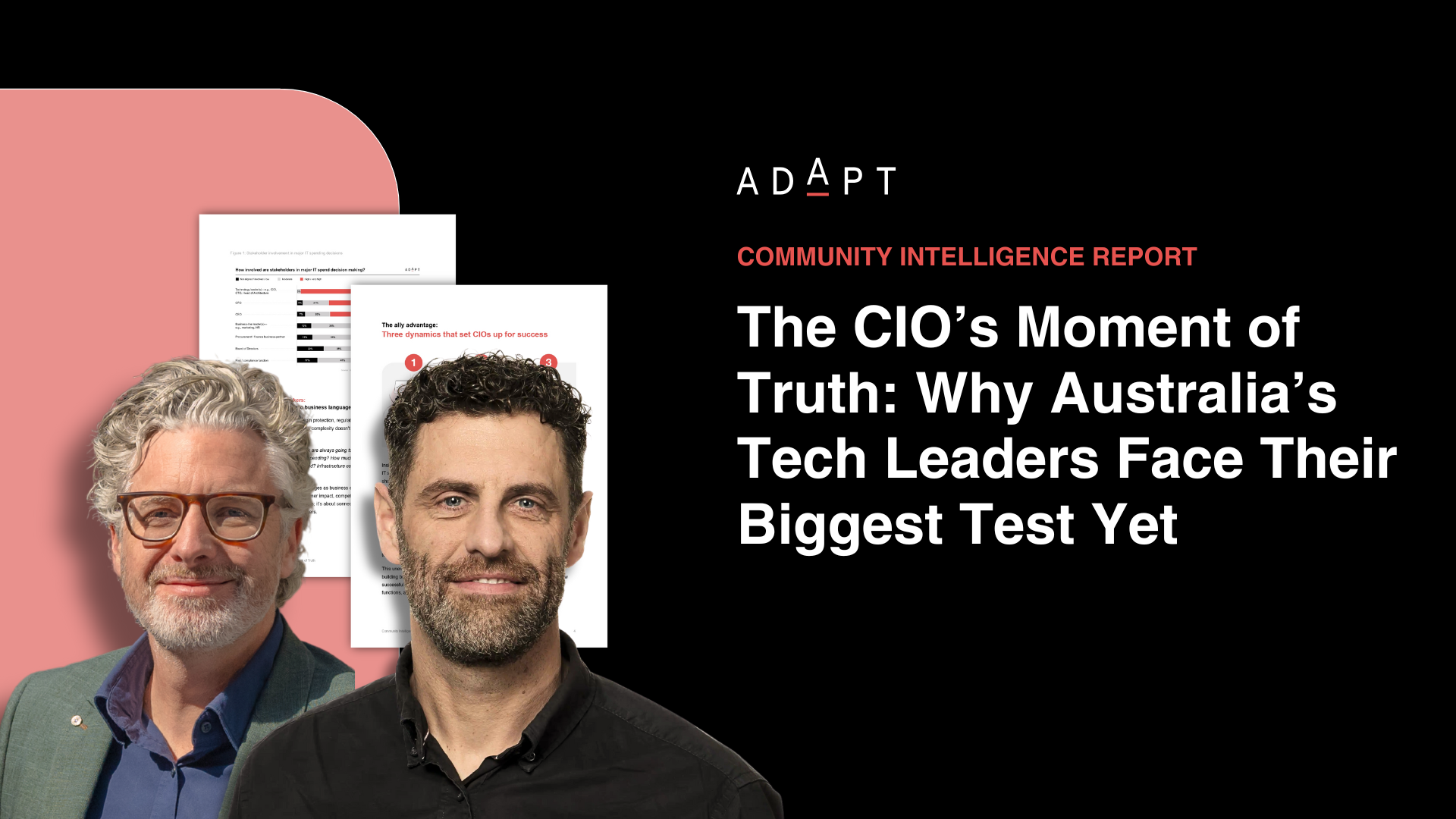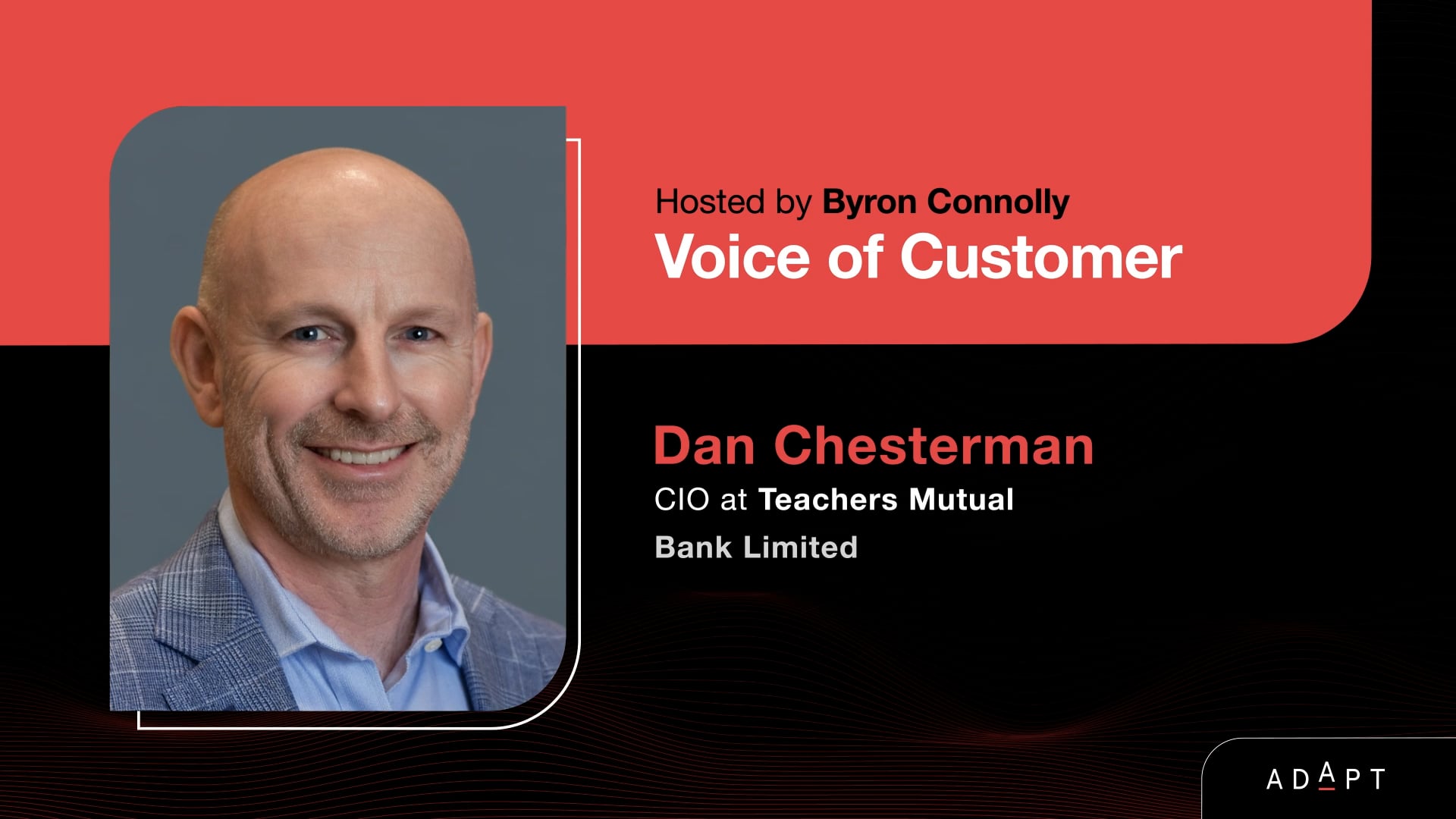Maximising ROI and Prioritising Initiatives with Former CEO of ServiceNSW Damon Rees
As Damon will share at CIO Edge Melbourne, prioritisation is a collaborative effort that requires involvement from different departments and stakeholders. IT has a crucial role to play, but it is not the only responsibility. Building trust and respect, deprioritising under-resourced missions, and quantifying the value delivered are crucial components of successful prioritisation.Prioritisation is a critical aspect of any organisation’s success. It is a balancing act between maximising return on investment (ROI) and making sure that the most important initiatives are given priority.
IT plays a significant role in this process, as the technology and systems that an organisation uses impact its overall performance.
However, prioritisation is not solely an IT responsibility, and it is crucial to involve different departments and stakeholders in the process.
Damon Rees, former CEO at ServiceNSW, highlights the importance of IT in prioritisation. IT should not be subservient, but rather, it should be an equal partner in the conversation.
IT should bring its technical expertise to the table and collaborate with other departments to ensure that the organisation’s priorities align with its strategic goals and customer needs.
Building trust between IT and other departments is essential for successful prioritisation.
This can be achieved by ensuring that everyone shares the same aspirations, appreciating the critical aspects of enabling the mission, and engaging in informed discussions. It is also important to avoid being prescriptive and instead be descriptive.
IT should focus on proof points and quantifying the value delivered to the business, customers, and partners.
An example of successful prioritisation is the digital driver’s licence pilot in Dubbo. The pilot allowed for feedback from a diverse group of users, which was used to improve the overall experience. This pilot demonstrated the value of prioritisation and the importance of involving customers in the process.
As Damon will share at CIO Edge Melbourne, prioritisation is a collaborative effort that requires involvement from different departments and stakeholders. IT has a crucial role to play, but it is not the only responsibility.
Building trust and respect, deprioritising under-resourced missions, and quantifying the value delivered are crucial components of successful prioritisation.





























